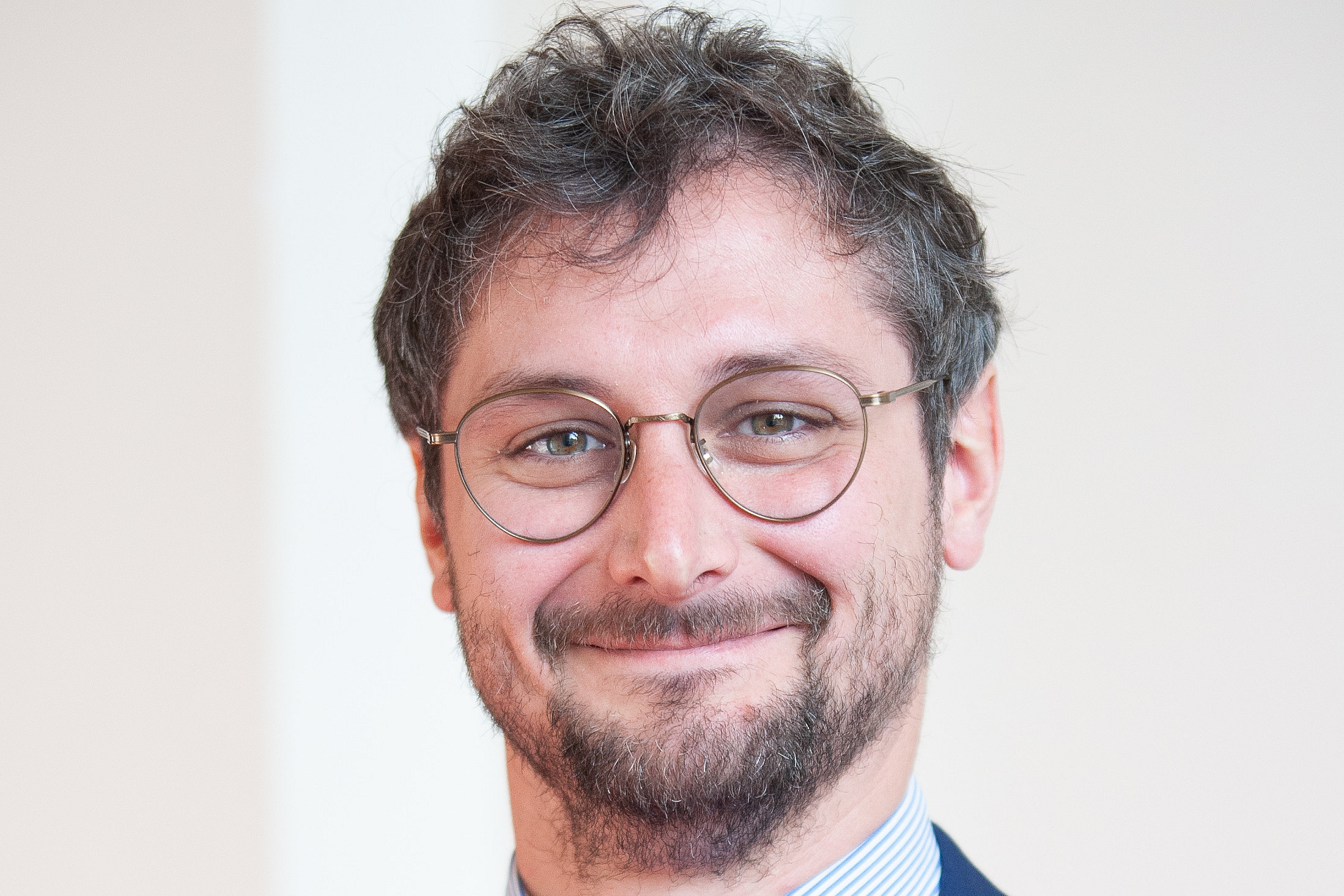Matteo Caldironi, Senior Research Fellow in constitutional law at the University of Modena and Reggio Emilia, joins us as Land Steiermark Fellow this fall. In his research, he mainly looks into the relationship of constitutional courts and their respective legislatures, but also deals with the evolution of family models in reality and law. Catch some glimpses of his work in the interview below.
If you had to explain your work to a 10-year-old, what would you say?
I will try to be as clear as possible: I am dealing with the relationship between the Constitutional Court and the legislature. In simple words, I look at the relationship between the "controller" and the "controlled", to try to identify whether there are any limits imposed on the Court's activity and if so, what those limits are.
If you had to explain your work to Hans Kelsen, what would you say?
In more detail, I attempt to answer some questions: how can the political discretion of the legislature be reviewable by the Constitutional Court? Which violations of the Constitution can be reviewed by the Court? Are there conditions that justify the Court's intervention in the political merit of the choices made by the legislature? How can the relationship between the Court and the legislature be qualified today? Perhaps at the moment, I have more questions than answers.
Do Constitutional Courts unduly extend their competences when they practically force legislatures to enter into a dialogue with them?
Looking at the normative datum, I would be inclined to answer this question in the affirmative, but a distinction needs to be made. At least in the Italian Constitution, no power to establish a dialogue with the legislature seems to be recognized. There are also no so-called intermediate rulings, which, however, have been coined by constitutional jurisprudence. Different discussions should perhaps be made for those countries (such as Austria or even Germany) where the Court is equipped with various instruments that allow it to intervene in more measured ways. This is precisely one of the issues I would like to explore here.
What will your work here in Graz add to the monograph on the relationship of law and politics you are working on?
I think my time here at the University of Graz, and in particular at "Graz Jurisprudence", offers me new pathways to deepen these issues. In addition, I think it can help me understand whether, and possibly how, the relationship between constitutional judges and the legislature can be reread through a principle of loyal cooperation between these two actors. In general, I think I can gain many stimuli by discussing with other scholars, and especially with Prof. Klatt who hosts me here. Indeed, I am very pleased with this opportunity, which I think can help me carry out a framing that not only concerns the specifics of the Italian case but can go on to enable more general reflections on what the role of constitutional justice is today.
You have worked on the issue of social parenthood – why do we have to extend the protection of family life beyond the so-called “traditional” family?
I delved into this issue while working in the research team of the European project "JUST-PARENT Legal Protection for Social Parenthood". The focus we adopted was to try to understand what the best interest of the child is without an aprioristic value judgment on the family model. What has emerged is that for families whose members do not share a common gene pool, but whose filiation is based on consent (think adoptions or medically assisted procreation) recognition is needed to guarantee the rights of the child. To date, however, this recognition is not established in all states in the same way, and therefore the child sees some parental relationships as unrecognized. This phenomenon emerges especially when the child circulates from one state to another and sees the recognition of his or her family ties to certain individuals vary depending on the legislation he or she encounters. This is what is referred to as 'downgrading'. What we tried to do in the JUST-PARENT project was to come up with a legislative proposal that could facilitate protection for children in all EU states that could put an end to this discriminatory phenomenon.
If a law student were to ask you for guidance on choosing a career path, would you recommend academia?
I would certainly recommend the academic career. I think the opportunities to gain continuous stimulation and to engage with colleagues and scholars, locally as well as internationally, are something unique. I would just remind the person asking me that it takes a lot of motivation because an academic career is not necessarily a linear path, and that he*she could encounter difficulties along the way that can also demotivate. The important thing is that the desire to do research and improve oneself always remains!
